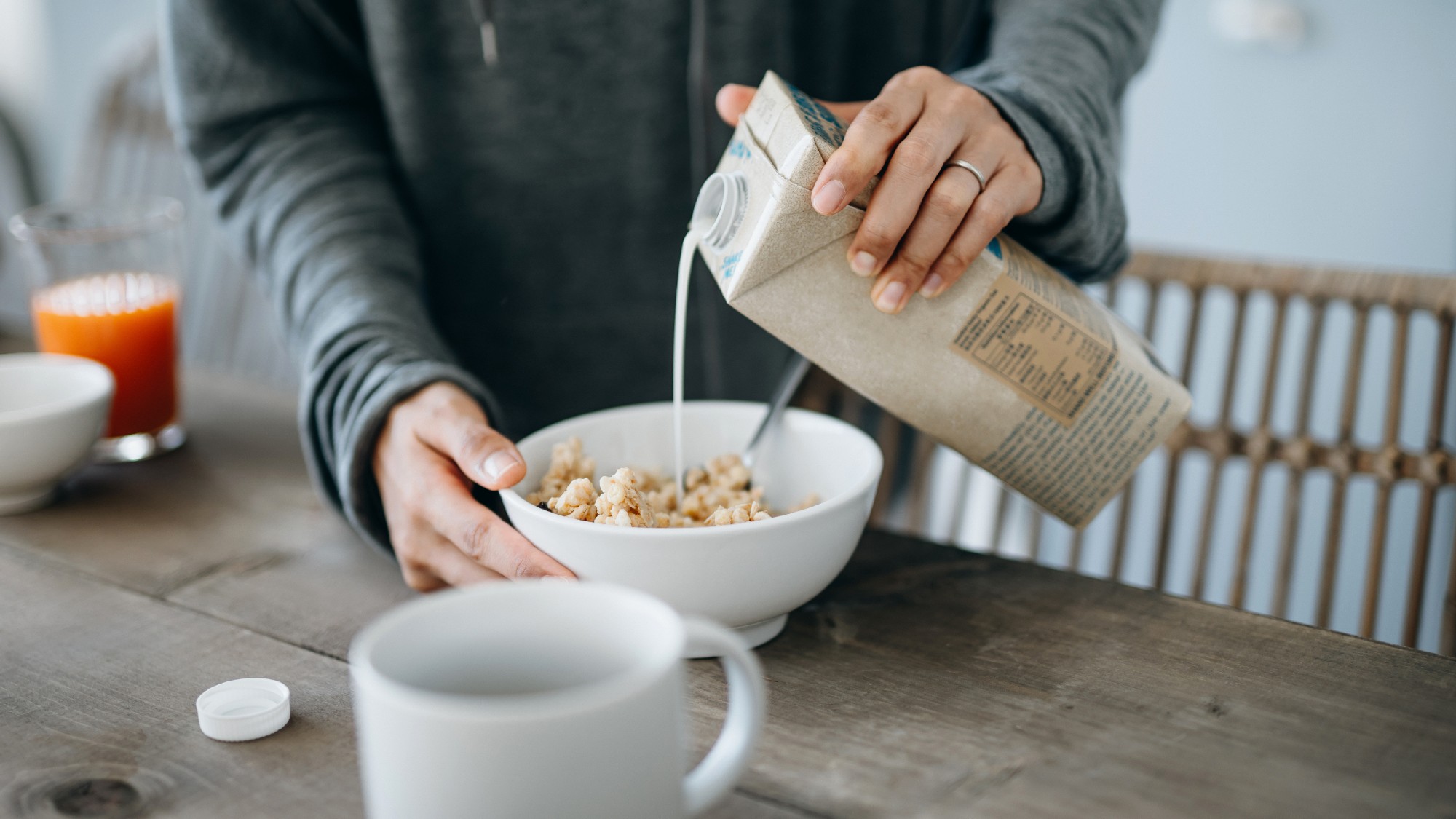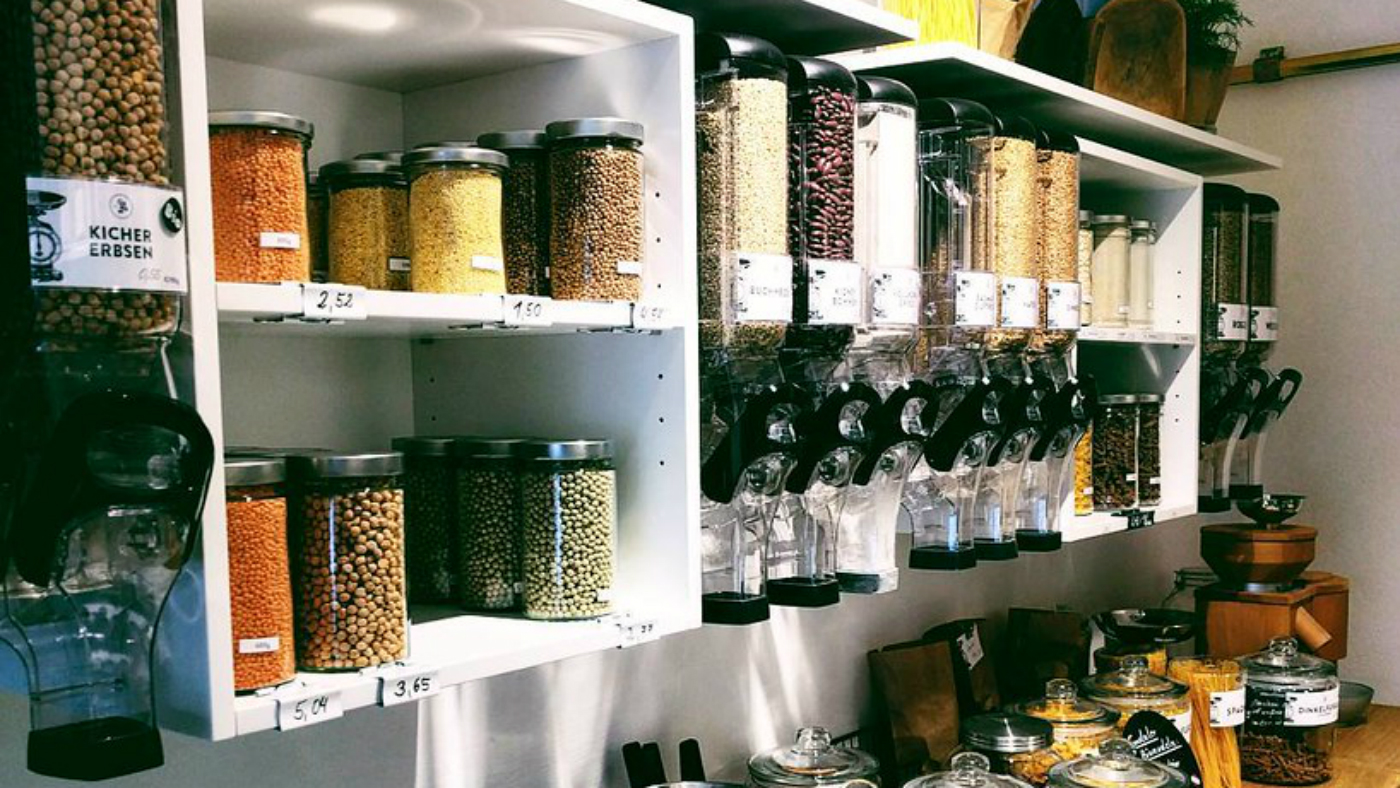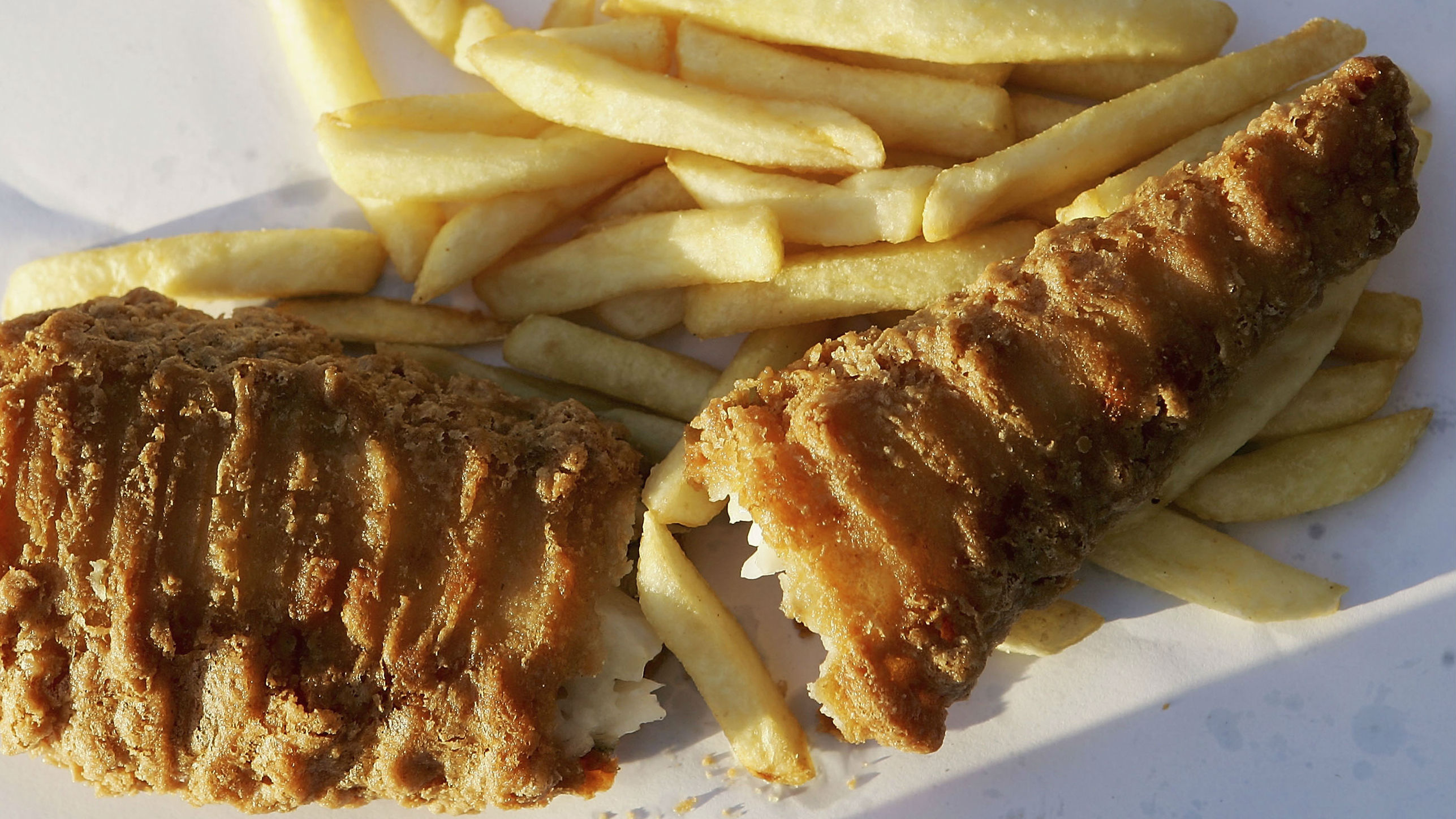What foods and beauty products contain palm oil?
Clearcast defends ban on Iceland advert showing the negative effects of palm oil use

A free daily email with the biggest news stories of the day – and the best features from TheWeek.com
You are now subscribed
Your newsletter sign-up was successful
Iceland’s Christmas advert showing the effects of palm oil use has been banned from television but this hasn’t stopped millions of people viewing and sharing the video on social media.
The short animated film, originally made by Greenpeace, was blocked from air because it breaches “the political rules” of the Broadcast Code of Advertising Practice (BCAP).
But the ban has given the advert extra media coverage and put palm oil firmly on the nation’s agenda.
The Week
Escape your echo chamber. Get the facts behind the news, plus analysis from multiple perspectives.

Sign up for The Week's Free Newsletters
From our morning news briefing to a weekly Good News Newsletter, get the best of The Week delivered directly to your inbox.
From our morning news briefing to a weekly Good News Newsletter, get the best of The Week delivered directly to your inbox.
Palm oil “is about as unsustainable as it gets, and contributes to habitat loss and the endangerment of species, including elephants, rhinos, tigers and orangutans”, says The Guardian.
The supermarket’s advert coincides with its push to ban the use of palm oil in its own-brand products from 2019 onwards.
Nevertheless, Clearcast, which approves adverts for four major UK commercial broadcasters before they air on TV, did not clear the film because it was “concerned that it doesn’t comply with the political rules of the BCAP code”.
After outcry on social media, Chris Mundy, managing director of Clearcast, defended the decision, saying: “We understand what an important issue the ad raised and there has been a lot of resulting publicity, discussion on social media and a campaign to get the ban reversed.
A free daily email with the biggest news stories of the day – and the best features from TheWeek.com
“Much of what has been said has been based on a misunderstanding of the issue and we’ve seen a number of conspiracy theories about why the ad was not cleared. The truth is that it is a matter of broadcasting law.”
So what products contain palm oil and what can be done?
What is palm oil?
Palm oil is made from the fruits of the African oil palm tree. Although it orginates from West Africa, 85% of palm oil is produced in Indonesia and Malaysia. The rest is grown in Africa, North America, South America and other countries in Asia.
Why is palm oil so bad?
Palm oil production is estimated to have been responsible for about 8% of the world’s deforestation between 1990 and 2008. According to the World Wildlife Fund, an area the equivalent size of 300 football fields of rainforest is cleared each hour to make way for palm oil production.
Endangered species including the orangutan, Borneo elephant and Sumatran tiger are being pushed closer to extinction because their habitats are being destroyed as a result, says Rainforest Rescue, a Hamburg-based environmental organisation. Smallholders and indigenous people who have inhabited and protected the forest for generations are also being driven from their land.
The IUCN analysis found that in total, rainforest destruction caused by palm oil plantations damages more than 190 threatened species.
However, a report published in June found that the alternatives to palm oil production could be even worse. According to the study by the International Union for the Conservation of Nature (IUCN), producing other oil crops such as soy, corn and rapeseed requires up to nine times more land and would therefore result in serious losses to other wild habitats.
What products contain palm oil?
The oil can be found in a vast range of foods, including pizzas, biscuits, margarine, bread and ice cream. It typically makes up around 20% of the weight of a packet of instant noodles and is sometimes used in chocolate to prevent it from melting.
Palm oil is also used in a number of beauty and lifestyle products, ranging from body creams, soaps and make-up to candles, detergents and biofuel.
What about sustainable palm oil?
The Roundtable on Sustainable Palm Oil (RSPO), the world’s largest palm oil certification scheme, has been advocating for sustainable palm oil for more than a decade, although some environmentalists claim it is nothing more than a greenwash.
The IUCN study found that in its current form, so-called sustainable palm oil is only marginally better than standard palm oil in terms of preventing deforestation. The report recommends that more action is taken to ensure that new plantations do not cause such destruction.
“When you consider the disastrous impacts of palm oil on biodiversity from a global perspective, there are no simple solutions,” said IUCN director general Inger Andersen. “If we ban or boycott it, other, more land-hungry oils will likely take its place.”
What can you do to help?
Opt for products with the RSPO label, which shows they have been made with certified sustainable palm oil. If you can’t find the RSPO label, look for the Green Palm label, which indicates that the brand is helping growers transition to sustainable palm oil production.
-
 How the FCC’s ‘equal time’ rule works
How the FCC’s ‘equal time’ rule worksIn the Spotlight The law is at the heart of the Colbert-CBS conflict
-
 What is the endgame in the DHS shutdown?
What is the endgame in the DHS shutdown?Today’s Big Question Democrats want to rein in ICE’s immigration crackdown
-
 ‘Poor time management isn’t just an inconvenience’
‘Poor time management isn’t just an inconvenience’Instant Opinion Opinion, comment and editorials of the day
-
 Pros and cons of oat milk: what are the benefits?
Pros and cons of oat milk: what are the benefits?Pros and cons Oat milk is now the most popular dairy alternative in many countries – but how healthy and 'green' is it?
-
 The climate crisis in 2023
The climate crisis in 2023feature New legislation, activism and business paths could change the picture this year
-
 Ten best zero waste shops in the UK
Ten best zero waste shops in the UKIn Depth If you want to cut down your plastic use, these ten stores might be the best place to start
-
 Fish and chip shops serving endangered shark
Fish and chip shops serving endangered sharkSpeed Read It is ‘almost impossible’ for consumers to know what they are buying, scientists say